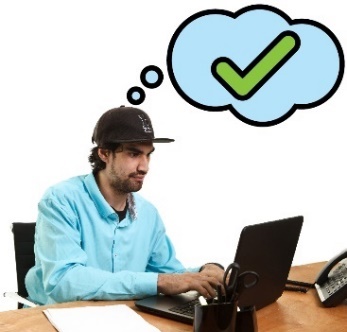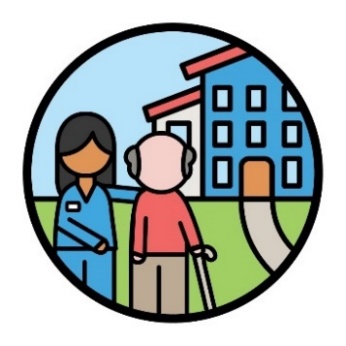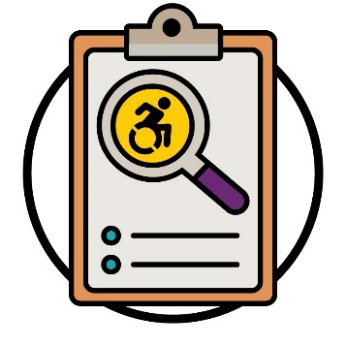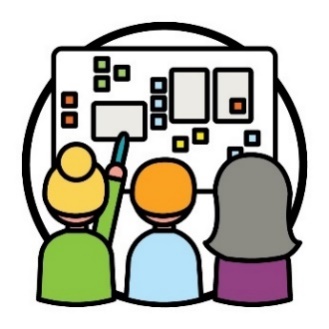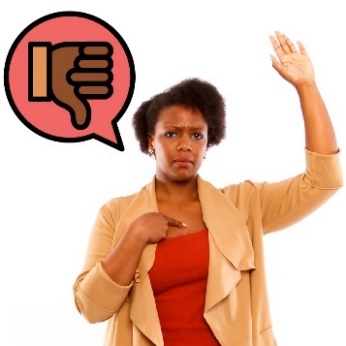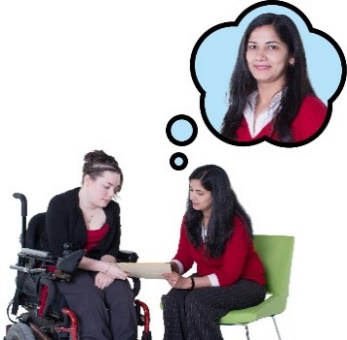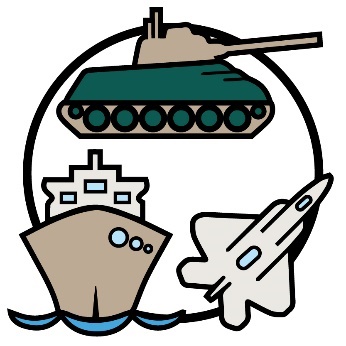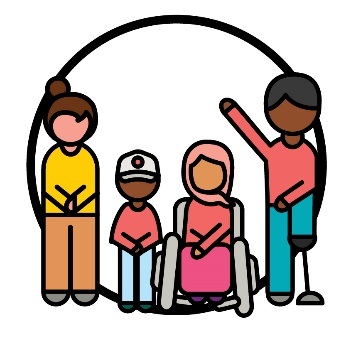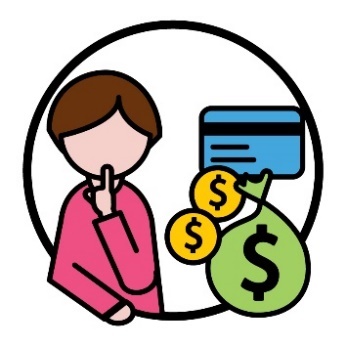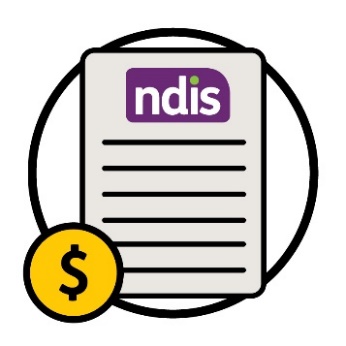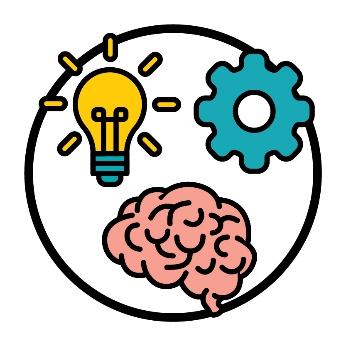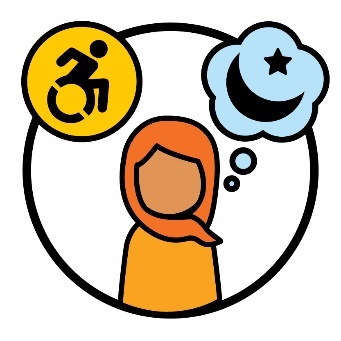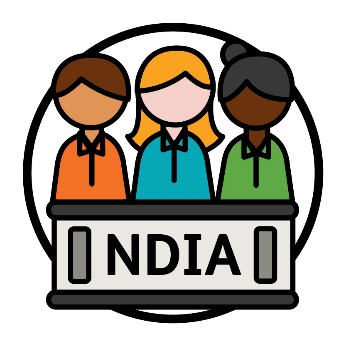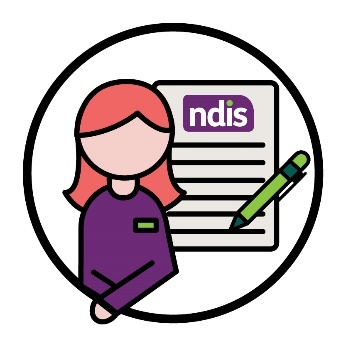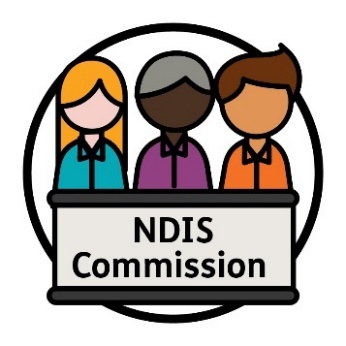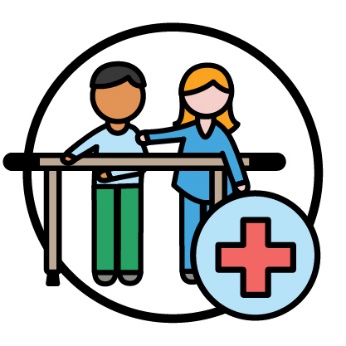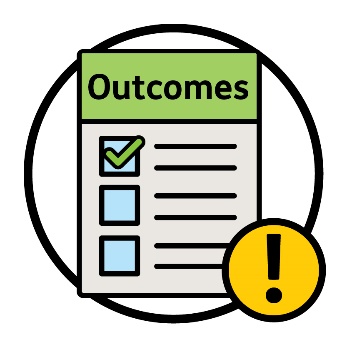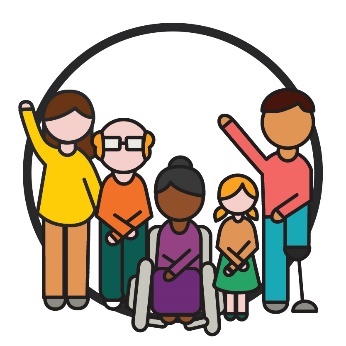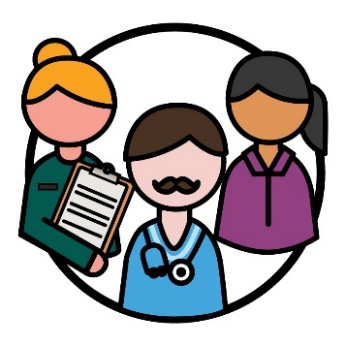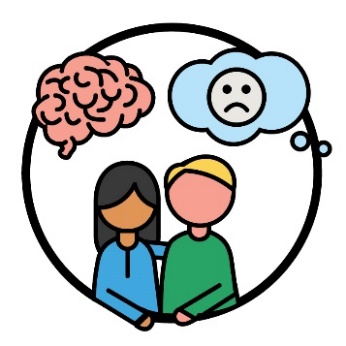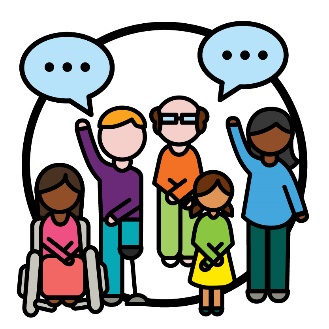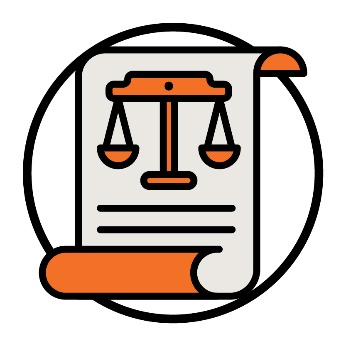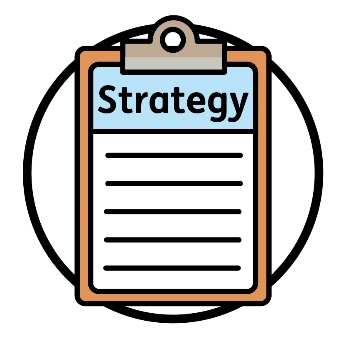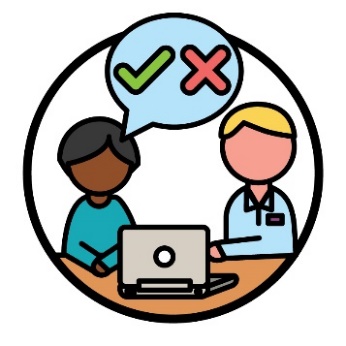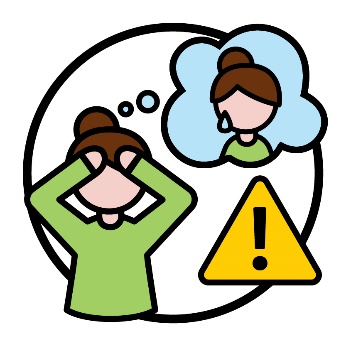Word list
This list explains what the bold words in this document mean.
|
|
Accessible When something is accessible, it is easy to:
|
|||
|
|
Aged care Aged care is where older people live when they can’t stay in their home anymore. |
|||
|
|
Assessments Assessments help the NDIA work out:
|
|||
|
|
Bulletin A bulletin is an important news item we share with the community. It explains what we did in our meeting. |
|||
|
|
Co-design Co-design is when people work together to plan something new. |
|||
|
|
Complaint When you make a complaint, you tell someone that something:
|
|||
|
|
Conflict of interest A conflict of interest is when someone could affect a decision so the result is better for them. |
|||
|
|
Defence forces The defence forces include the:
|
|||
|
|
Diversity Diversity is what makes people different from each other. People can:
|
|||
|
|
Fraud Fraud is something you plan to do that is not honest. Fraud is a crime. |
|||
|
|
Funding Funding is money from the government that pays for services and supports. |
|||
|
|
Inclusive When something is inclusive, it means everyone can take part. |
|||
|
|
Intellectual disability An intellectual disability affects how you:
|
|||
|
|
Intersectionality You can be different in more than one way. And people might treat you differently for each part of who you are. We call this intersectionality. |
|||
|
|
NDIA Board The NDIA Board is a group of people who make decisions about all parts of the NDIA. |
|||
|
|
NDIS planner An NDIS planner is someone who:
|
|||
|
|
NDIS Quality and Safeguards Commission (NDIS Commission) The NDIS Commission makes sure people with disability who take part in the NDIS:
|
|||
|
|
Occupational therapist An occupational therapist supports someone to find ways to do everyday tasks. |
|||
|
|
Outcomes Outcomes are important results the NDIA want to get for people with disability. |
|||
|
|
Participants Participants are people with disability who take part in the NDIS. |
|||
|
|
Providers Providers support people with disability by delivering a service. |
|||
|
|
Psychosocial disability A psychosocial disability affects your mental health. It can affect how you:
|
|||
|
|
Reference Group A Reference Group is a group of people who give us advice about a certain topic. |
|||
|
|
Rights Rights are rules about how people must treat you:
|
|||
|
|
Strategy A strategy is a plan for how we will do things in the future. |
|||
|
|
Supported decision-making Supported decision-making is when someone supports you to make your own decisions about your life. |
|||
|
|
Trauma Trauma is the way you feel about something bad that happened to you. For example, you might feel scared or stressed. Trauma can affect you for a long time. |
|||
|
|
The Information Access Group created this Easy Read document using stock photography and custom images. The images may not be reused without permission. For any enquiries about the images, please visit www.informationaccessgroup.com. Quote job number 5264-B. |
